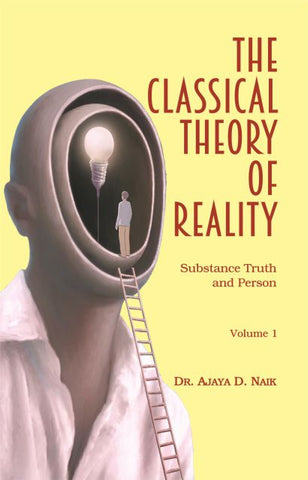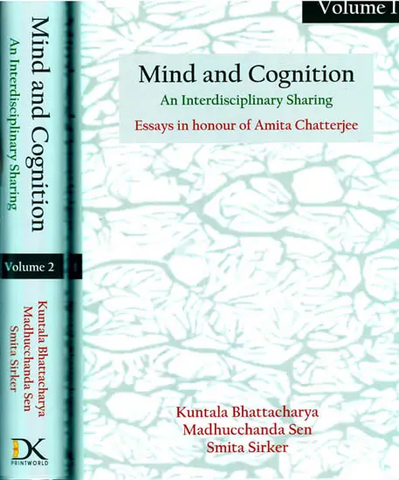Your cart is empty now.
Creating a transparent democracy involves building a political system where government actions, decisions, and policies are open, accessible, and accountable to the public. It ensures that citizens are well-informed, can actively participate in decision-making, and have confidence that their leaders are acting in their best interest. Below are key steps that can help in creating a transparent democracy:
1. Strengthening Transparency in Government
- Open Data Initiatives: Governments should make public data (such as budgets, contracts, public spending, and election results) accessible to all citizens. Tools like open data platforms help ensure that information is easily retrievable, interpretable, and usable.
- Freedom of Information Laws: Implement laws that guarantee citizens the right to access government documents and data, promoting an open flow of information and reducing secrecy in government operations.
- Public Participation in Decision-Making: Governments should encourage citizens to engage in the policymaking process. Tools such as public consultations, town hall meetings, online forums, and petitions can help involve the public in the development and review of policies.
2. Building Accountability Mechanisms
- Independent Oversight Bodies: Establish independent bodies such as ombudsmen, audit offices, and anti-corruption agencies that have the authority to monitor and report on government activities. These bodies should be able to investigate allegations of misconduct and ensure that the government is following the law.
- Transparency in Elections: Ensure free and fair elections, where the voting process is transparent, and election results are independently verified. Technology, such as blockchain, could help improve the integrity of elections by ensuring the accuracy and security of voting data.
- Anti-Corruption Measures: Strong laws against corruption, coupled with an independent judiciary and law enforcement, help to deter corrupt practices. Whistleblower protections are also important to ensure that citizens can report unethical behavior without fear of retaliation.
3. Promoting Media Freedom and Public Discourse
- Free and Independent Media: A diverse and independent media landscape allows for investigative journalism, public discourse, and the dissemination of information, making government actions transparent to the public. Supporting media outlets that provide fact-based reporting is critical for holding governments accountable.
- Digital Platforms and Social Media: Social media platforms can serve as tools for transparency by allowing citizens to monitor government actions in real time. However, the government must ensure these platforms are not subject to censorship or manipulation to maintain openness.
- Media Literacy Programs: Educating citizens on how to critically evaluate information from various sources can help avoid misinformation and foster an informed electorate.
4. Ensuring Legal and Institutional Frameworks
- Rule of Law and Constitutional Safeguards: A transparent democracy requires a legal framework that enforces the separation of powers and prevents any one branch of government from becoming too powerful or opaque. A constitution that enshrines rights like freedom of speech, freedom of assembly, and access to information is vital.
- Public Trust in Institutions: Institutions should be designed to foster trust through their transparency, effectiveness, and fairness. Public trust is essential for maintaining the legitimacy of democratic systems.
5. Education and Civic Engagement
- Civic Education Programs: Promoting public understanding of democratic processes and the importance of transparency in governance helps create informed citizens who demand transparency from their leaders.
- Encouraging Political Participation: Beyond voting, citizens should be encouraged to participate in activities such as activism, community organizing, or running for office. This creates a culture of active engagement, which is crucial for ensuring transparency.
- Engagement through Technology: E-Government platforms, mobile apps, and online polls can allow citizens to interact directly with public authorities, giving them more influence over policy decisions and the ability to hold their government accountable in real time.
6. Fostering Ethical Leadership
- Code of Conduct for Public Officials: Public servants should adhere to a code of conduct that emphasizes ethical behavior, integrity, and the need for transparency. This includes the declaration of assets, ensuring no conflicts of interest, and avoiding personal gain from public office.
- Public Accountability and Leadership: Elected officials and government employees should be regularly held accountable for their actions and decisions, with the possibility of facing sanctions for any misconduct. Public leaders should actively promote transparency as a core value in their own behavior.
7. Utilizing Technology for Better Governance
- Blockchain for Public Records: Blockchain technology can be used to maintain transparent, tamper-proof records for government transactions, such as land ownership, contracts, and government spending, making it harder for corruption to thrive.
- Online Access to Public Services: Digital platforms can enable citizens to access government services online, track the progress of applications, and provide feedback, all while creating a transparent process that can be scrutinized.
- E-Democracy Tools: Incorporating tools like online voting, digital petitions, and feedback systems can help create a direct line of communication between citizens and the government, allowing for a more transparent and participatory process.
Challenges to Transparent Democracy:
- Political Resistance: Some political actors may resist transparency if it threatens their power or control. Overcoming this requires the sustained engagement of citizens and civil society organizations to demand greater openness.
- Information Overload: Providing too much data can overwhelm the public, making it difficult to process and understand. The government must ensure that data is presented in a clear, user-friendly manner.
- Misinformation and Disinformation: The spread of false information can undermine public trust in the government and democratic institutions. Combating misinformation requires collaboration between the government, media, and civil society.
Delivery and Shipping Policy
- INTERNATIONAL SHIPPING
- Rs.1000-1100/kg
- ESTD. Delivery Time: 2-3 weeks (depending on location)
- Bubble Wrapped with Extra Padding
- NATIONAL SHIPPING
- NCR: Rs. 30/half kg
- Standard: Rs. 80/half kg
- Express shipments also available on Request
- ESTD. Delivery Time: Ranging from 1-4 days up to 7 business days (Depending on your choice of Delivery)
- TRACKING
- All orders; national or international, will be provided with a Tracking ID to check the status of their respective orders
- Depending on the Shipping Service, Tracking ID may be used on their respective tracking portals
Frequently Asked Questions (FAQs)
Domestic Shipping: 3-4 Days (after shipping)
International Shipping: 1-2 weeks (based on your location)
You will receive an email once your order has been shipped or you can email us if you didn't receive tracking details (info@mlbd.co.in)
Every book that we sell is the latest edition except all the rare books
Yes, we do provide free shipping, only on domestic orders (within India) above Rs.1500





![A HISTORY OF INDIAN PHILOSOPHY [5 VOLUMES] by Surendranath Dasgupta](http://www.motilalbanarsidass.com/cdn/shop/products/HISTORYOFINDIANPHILOSOPHY_large.jpg?v=1675238163)





